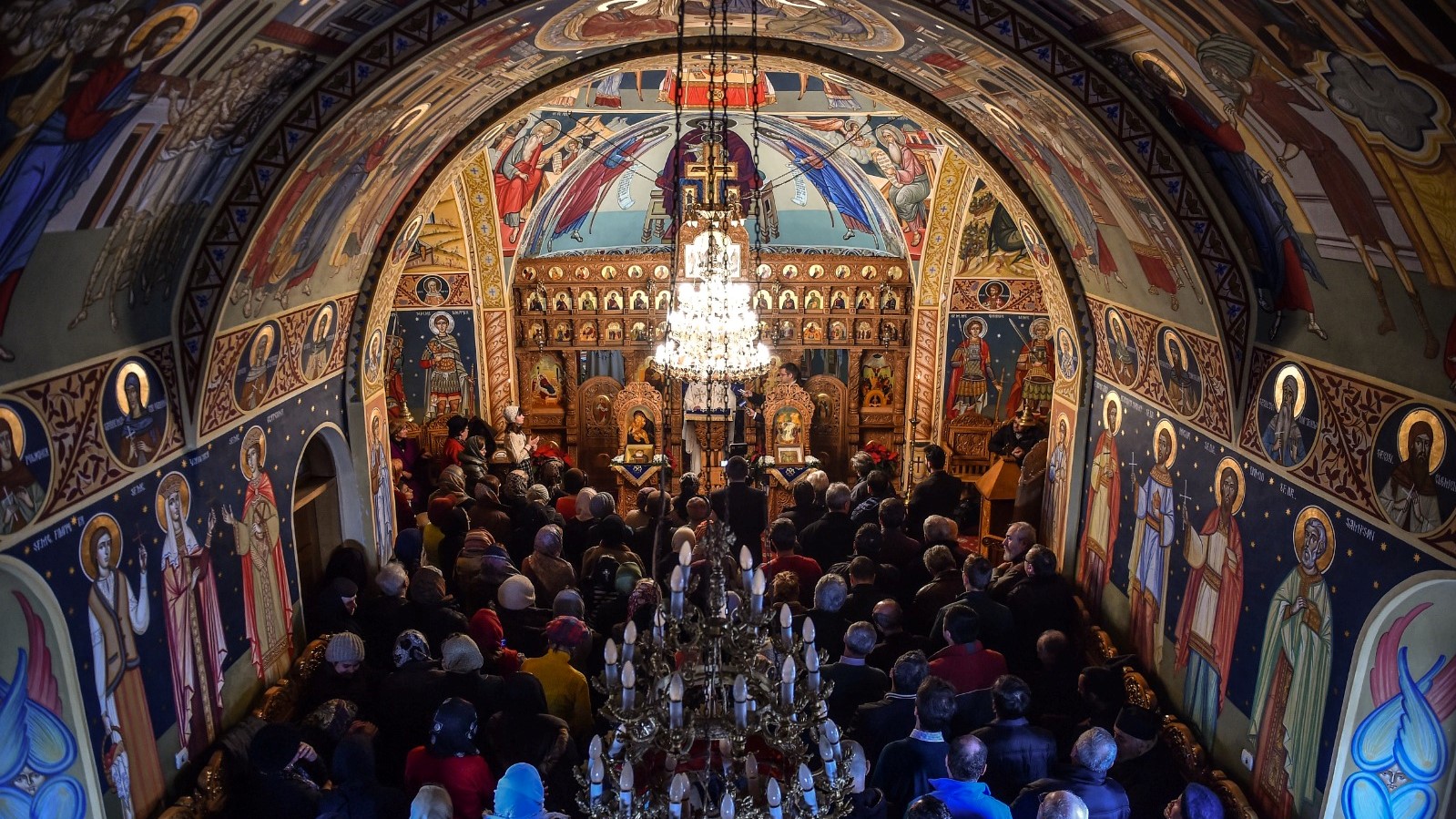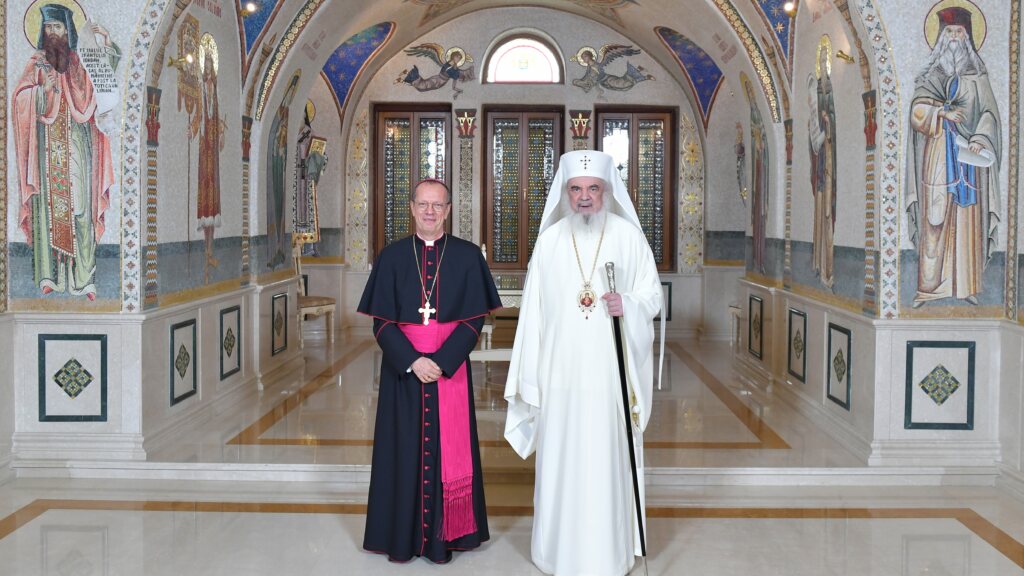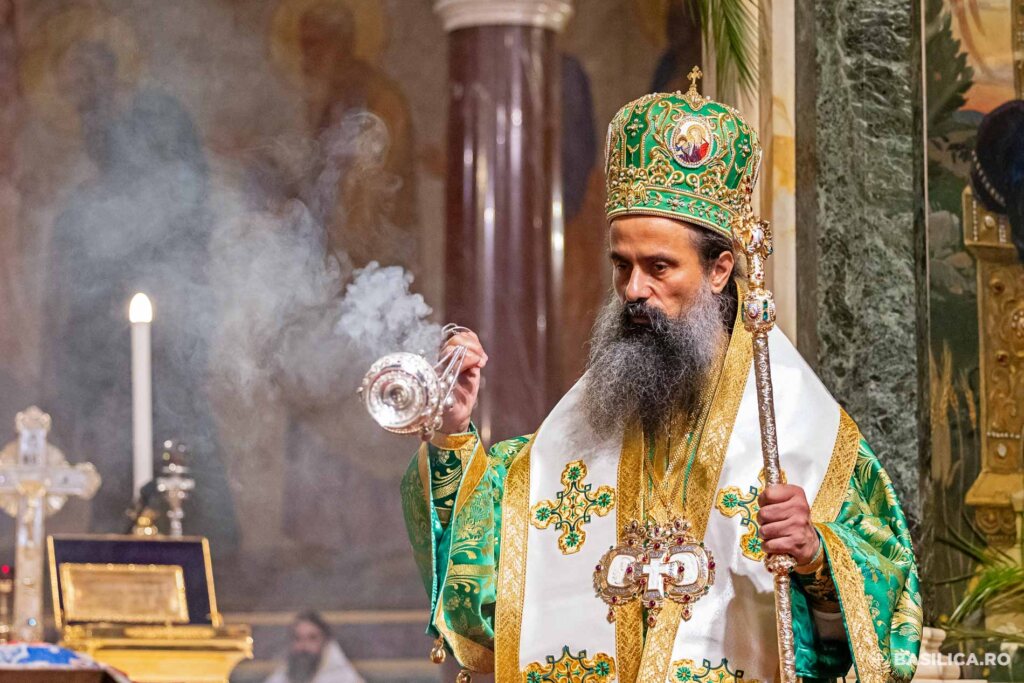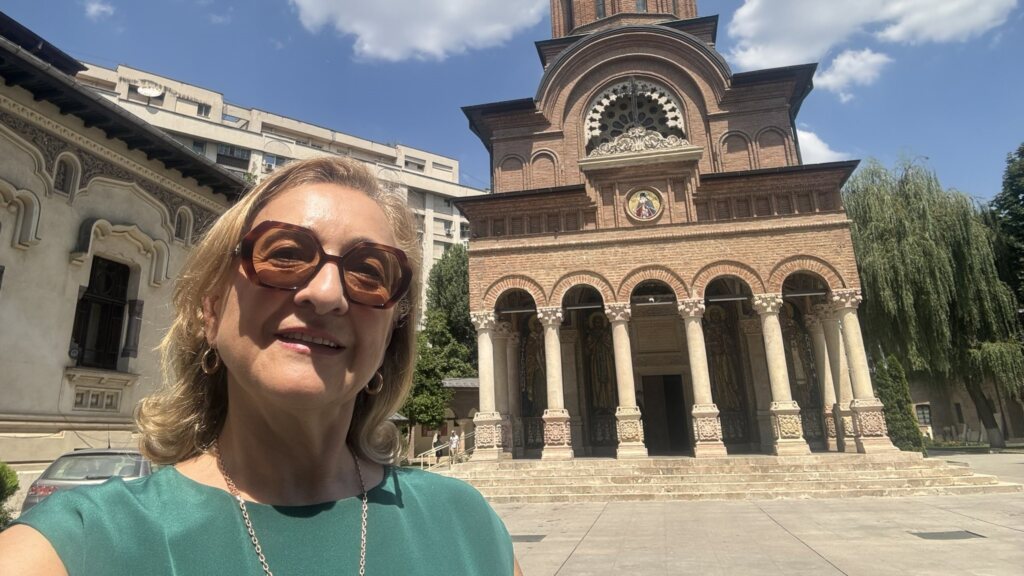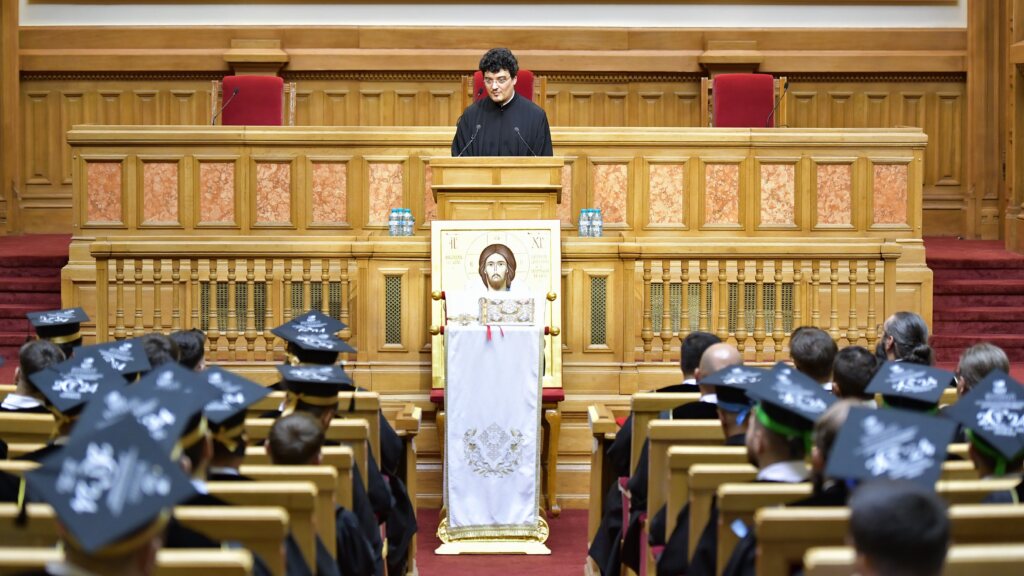As part of the partnership between the Romanian Orthodox Church and the Romanian National Agency Against Human Trafficking to raise awareness of this serious problem and educate people on how to avoid risky situations, a statement was developed that was read out in Romanian churches on Sunday.
The message was timed to EU Anti-Trafficking Day commemorated on October 18.
The Church and Agency signed a protocol in December 2020 to develop joint actions to prevent human trafficking at the local, regional, and national levels. Earlier this year, a new initiative was launched to warn about and try to prevent the phenomenon of human trafficking.
The following message was read out in Romanian churches on Sunday:
The current context of human trafficking and practical advice for its prevention
The human being is priceless. However, some people lose the meaning of normal, not being able to perceive the importance and value of a person, relating to him as a simple object. These are human traffickers. They deprive the victim of his freedom, harm his dignity as a person, crush his power to think, force his will, and mock his feelings through the use of force, threats, molestation, psychological terror, and other violent means.
The problem of human trafficking is also one of morality, exploitation, abuse, and coercion being things unacceptable to the Christian community.
Unlike other crimes, human trafficking cannot be viewed only from a criminal perspective, representing, in reality, a particularly complex social phenomenon resulting from the accumulation of multiple aspects, namely: social, economic, and educational factors, labour migration, globalization, lack of information, etc.; actions and steps undertaken by traffickers in committing the crime itself (recruitment, transport, transfer, shelter, and exploitation); market mechanism: supply and demand.
Because of this mode of operation and the economic dimension it entails, human trafficking is considered to be a “business,” most of the time controlled by organized crime groups who try to obtain maximum profit from what they consider to be the “goods” of this “business,” namely the victims who end up being treated as a “commodity.”
The condition of vulnerability originating from socio-economic (low financial level, poor living conditions, difficulties in accessing a job within the country, lack of opportunities to improve the quality of life, etc.), familial (conflicting family environment, lack of moral and emotional support, violence and abuse in the family) and educational factors (low level of education and lack of opportunities for schooling, personal and professional development) expose people to the dangers of trafficking but does not automatically transform them into victims of this criminal phenomenon.
The demand for services and goods provided through the exploitation of vulnerable people constitutes the triggering factor of trafficking, being represented by consumers of sexual services and employers looking for cheap or unpaid labour.
The abuse and violence exercised by traffickers on the victims is not an end in itself but a means that facilitates exploitation. The trafficker does not directly pursue the victim’s physical and/or mental assault but to obtain clients’ money, not motivated by the victim’s “vulnerability” but by the clients’ “generosity”.
What you need to do to avoid becoming a victim of trafficking:
-
Refuse any proposal, commitment, or compromise that could lead to blackmail or manipulation (accepting gifts or favours, involvement in illegal activities, etc.)
-
Choose to travel and work legally
-
Announce where and with whom you’re leaving the country
-
Retain any information regarding the road and where it’s located
-
Communicate constantly with family and relatives and establish a password to communicate when you’re in danger
-
Do not give your ID or mobile phone to anyone
-
Make sure you have the phone number of the Romanian Embassy or Consulate in the country you are travelling to
What you should do if you are in danger:
-
Try to leave the location where you are being held without your consent
-
Contact the police or the Embassy/Consulate of Romania in the country where you are located
-
Inform anyone you come into contact with that you are in danger and need of help
No one should use the services of a trafficking victim!
The client of a trafficking victim not only pays for the services they receive but also for the recruitment, blackmail, humiliation, abuse, and exploitation of that person.
Using the services of an exploited person, whom the beneficiary knows to be a victim of human trafficking, constitutes a crime and is punishable by up to 3 years in prison.
English translation by OrthoChristian
Photo: Basilica files
Follow us on Twitter: @BasilicaNews
